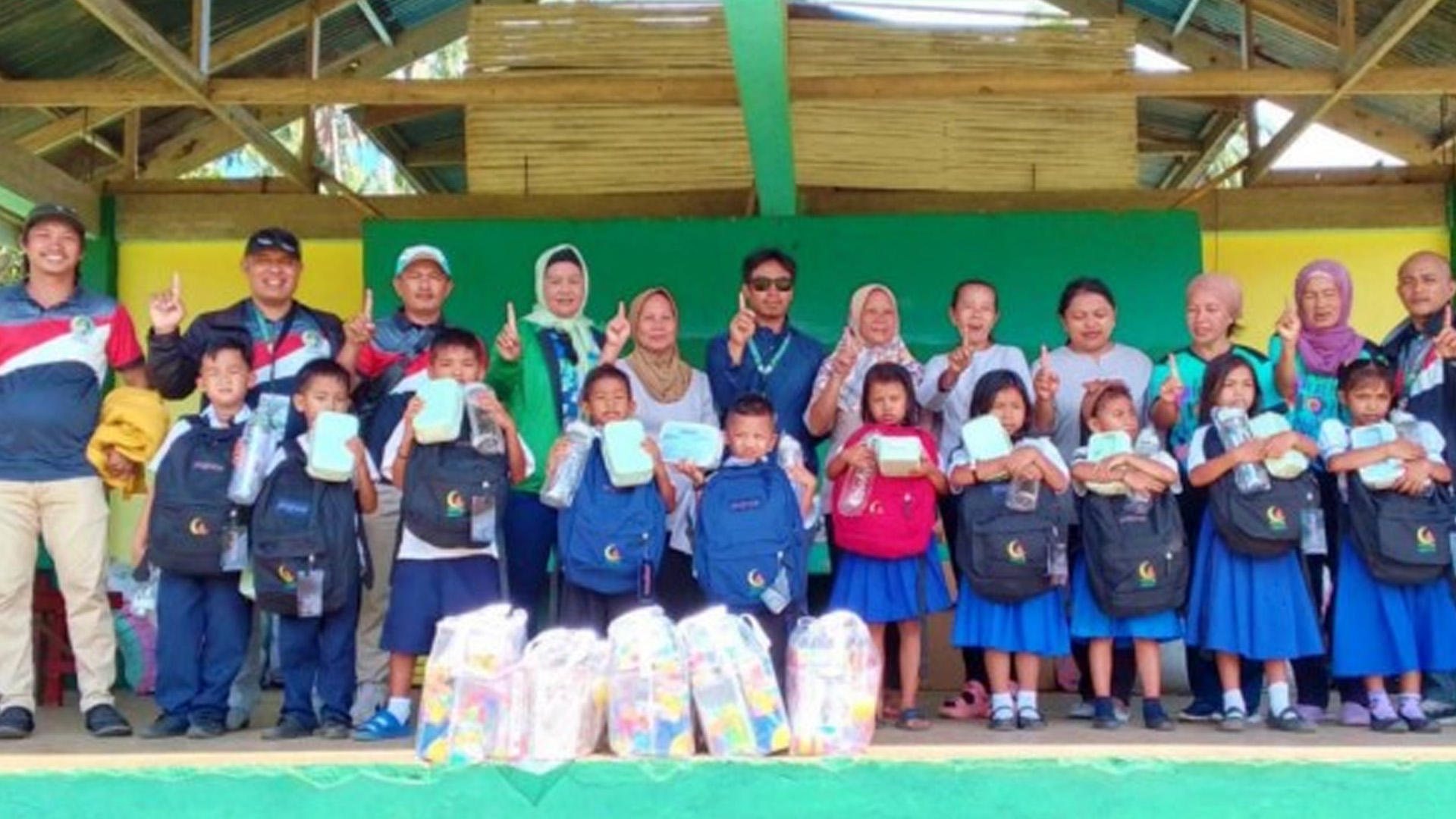The number of enrolled students in the Bangsamoro Autonomous Region in Muslim Mindanao (BARMM) this year rose by 219,591 or 17 percent higher compared to the previous year, the education ministry said Tuesday.
In a report, the Ministry of Basic, Higher, and Technical Education (MBHTE) tallied that 1,258,253 students have enrolled in various public schools, including in government-run “Madaris” (Islamic schools) and community learning centers.
MBHTE Minister Mohaqher Iqbal described the development as an “enrollment milestone” considering that since last year, they only recorded 1,038,662 enrollees.
The enrollment includes 1,119,391 students in basic education; 63,565 in secondary education; 55,172 in “Madaris” (Islamic schools); and 20,195 in higher education, spread across 4,635 schools, including community learning centers, madrasahs, and training centers.
“No child should be left behind,” Iqbal said, adding that education should be accessible to all, including Alternative Learning System (ALS) program learners.
With the support of development partners like the United Nations Children’s Fund (UNICEF) and Pathways, he said the MBHTE will actively create lesson exemplars aligned with MATATAG’s curriculum’s core principles.
The Department of Education’s (DepEd) MATATAG curriculum aims to decongest the current K to 12 program, with more focus on foundational skills such as literacy, numeracy, and socioemotional skills for kindergarten to Grade 3.
“MATATAG” stands for “MAke the curriculum relevant to produce job-ready, active, and responsible citizens; TAke steps to accelerate the delivery of basic education services and provision facilities; TAke good care of learners by promoting learner well-being, inclusiveness learning, and positive learning environment; and Give support for teachers to teach better.
In a statement Tuesday, UNICEF commended the DepEd and MBHTE-BARMM for getting children back into schools after the pandemic and launching the new K-10 curriculum focused on foundational skills.
UNICEF also encouraged officials to prioritize early learning, strengthen parental engagement, and intensify local actions tied to the national MATATAG agenda.
In the Philippines, around 78 percent of children aged 3 to 4 years old are not attending daycare, while 28 percent of 5-year-olds were not enrolled in kindergarten, the 2019 Functional Literacy, Education and Mass Media Survey, UNICEF said.
Numbers are more dismal in regions such as the BARMM, where 90 percent of children are not in daycare and 35 percent are not in kindergarten.
“Quality pre-primary education is the foundation of a child’s journey. Every stage of education that follows relies on its success,” UNICEF said. (PNA)







